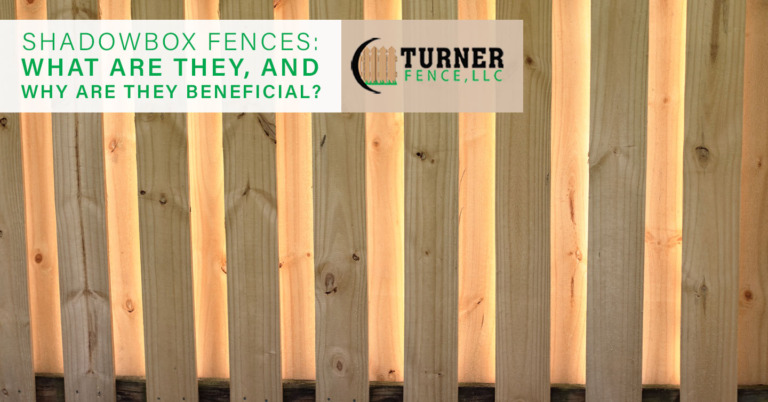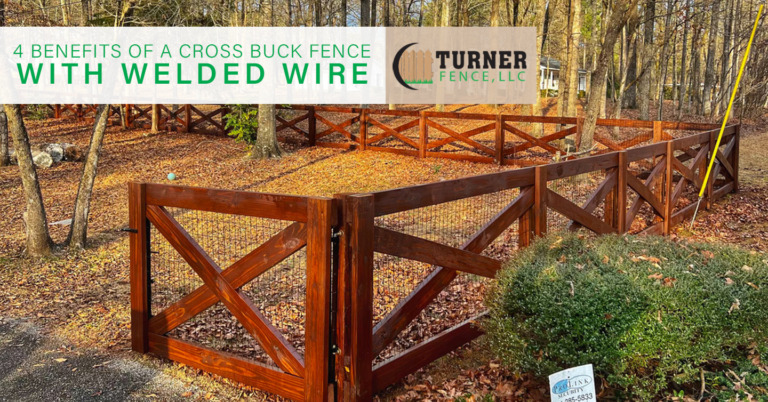When it comes to creating the ideal border for your property with a fence, there is a lot to consider. Budgets, personal preferences and materials, for instance, all come into play. So, let’s start making this decision easier by looking at the pros and cons of vinyl fences vs. wood fences.
Vinyl Fences
In a nutshell, a vinyl fence is made from super durable PVC. It has come a long way in terms of camouflaging the fact that it’s plastic throughout the years too. But like most things, there are pros and cons!
Pros
If you decide to go with a vinyl fence, you can expect benefits like:
- Little to no maintenance. Once again, vinyl is durable. Additionally, beyond the occasional cleaning with a pressure washer, it shouldn’t require much work.
- It is long-lasting. Typically, vinyl outlasts wood.
- It can be more cost-efficient in the long run. With fewer expected repairs and overall maintenance, a vinyl fence typically costs less over time.
Cons
On the other hand, a few cons to consider include:
- Vinyl is costlier up front. On average, a vinyl fence costs more per linear foot compared to wood.
- You still know it isn’t wood. While the appearance is much improved with “wood” finishes, it will never quite have the appearance of the real deal.
- Repairing vinyl can be tricky. If your vinyl fence does get damaged, repairing a broken or dented piece could be complicated and costly. Sometimes you have to replace an entire section for a small amount of damage.
Wood Fences
There is no question about the fact that there is an organic warmth and feel when you opt for a wood fence. However, there are pros and cons when it comes to this fencing material too.
Pros
- The naturally appealing look. To reiterate, the natural beauty of a wood fence can never be 100 percent duplicated by vinyl.
- The endless options. Wood fences can come in a variety of styles, designs and hues. They can also be re-finished at any time for a whole new look and color!
- Cost less up front. As previously mentioned, wood fencing usually costs less per linear foot than vinyl.
Cons
- Costs more to maintain. A wood fence may need weathered or warped boards or planks replaced. It may need to be re-stained or re-painted over time.
- Shorter life span. Normally, a wood fence will need to be fully replaced within 10 to 20 years.
- Harder to clean and maintain. Generally, a wood fence will need to be power washed with a cleaning agent. It may also need to be re-stained and re-sealed more often too.
Summary
Well, now you have the pros and cons of vinyl fences vs. wood fences right in front of you! If you go by the number of bullet points, it looks like a draw! So, if you still can’t decide which material is right for you, let the fencing experts at Turner Fence help.
Please note: at this time, we are only able to offer white vinyl, as our suppliers are not manufacturing any other colors currently due to COVID-19-related issues.
For more on fence care and fencing options, continue to read our blogs.




